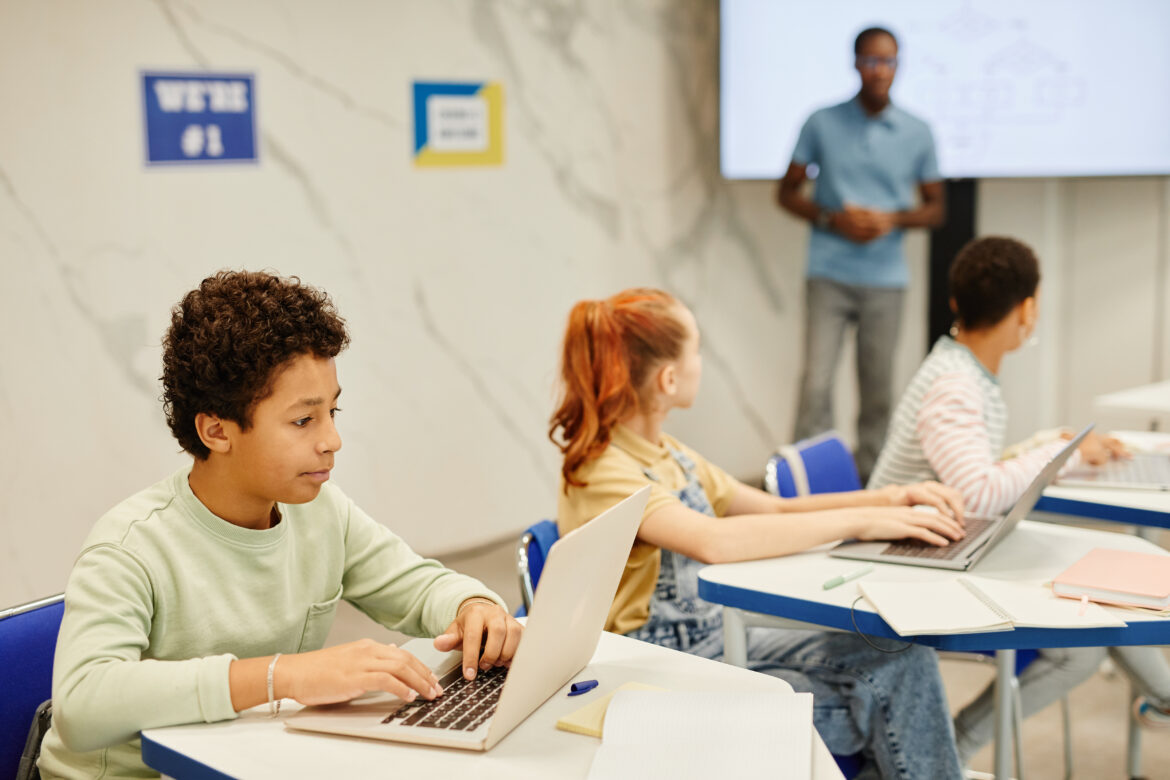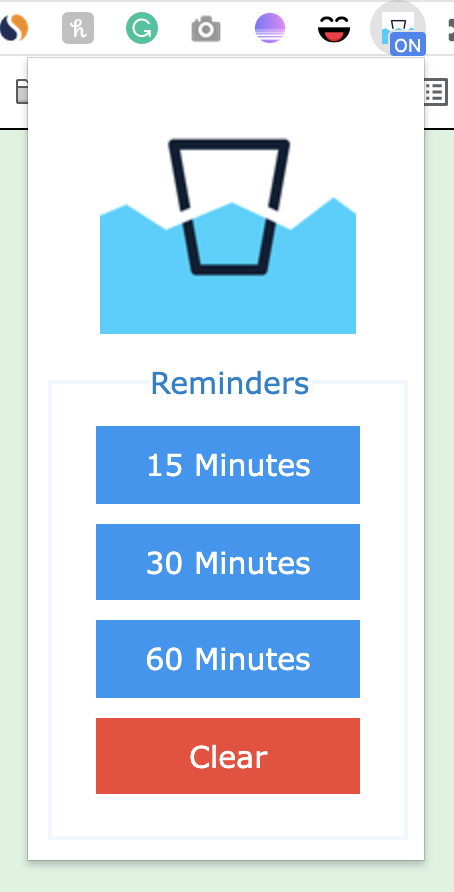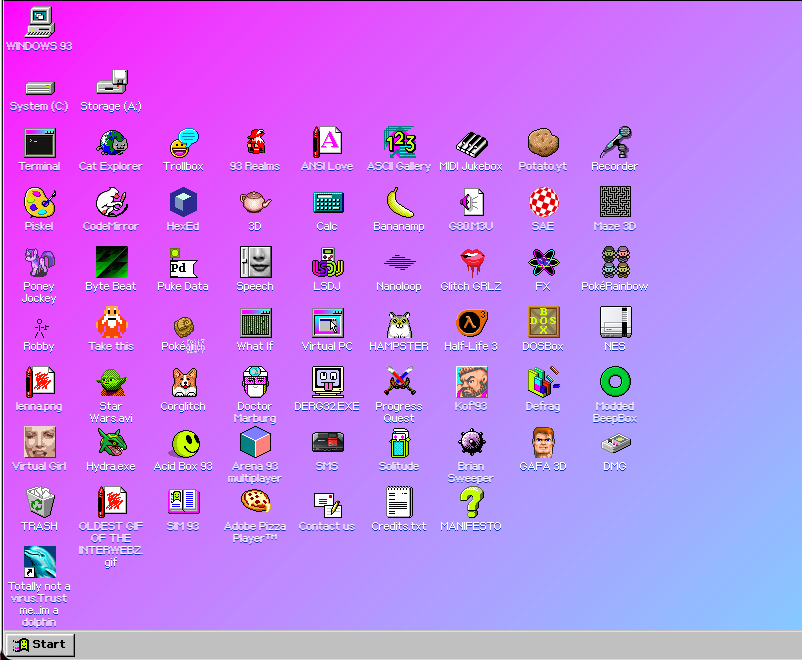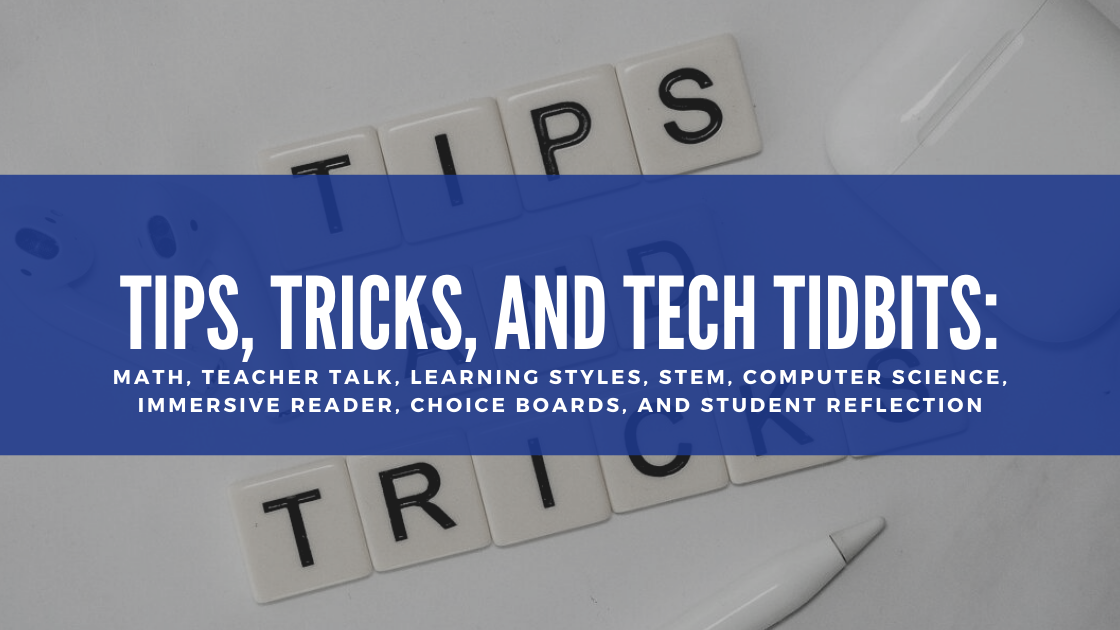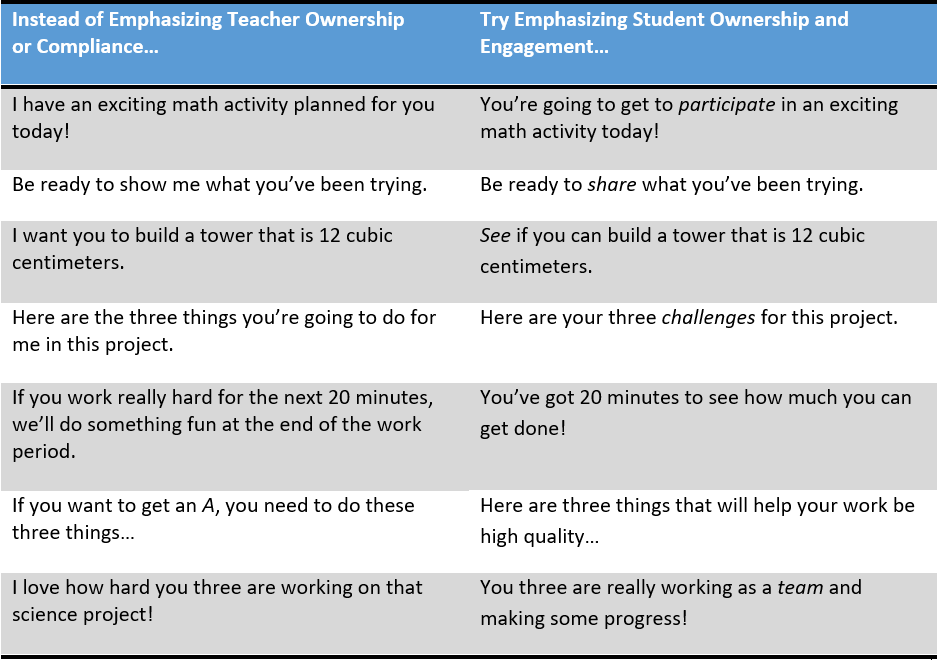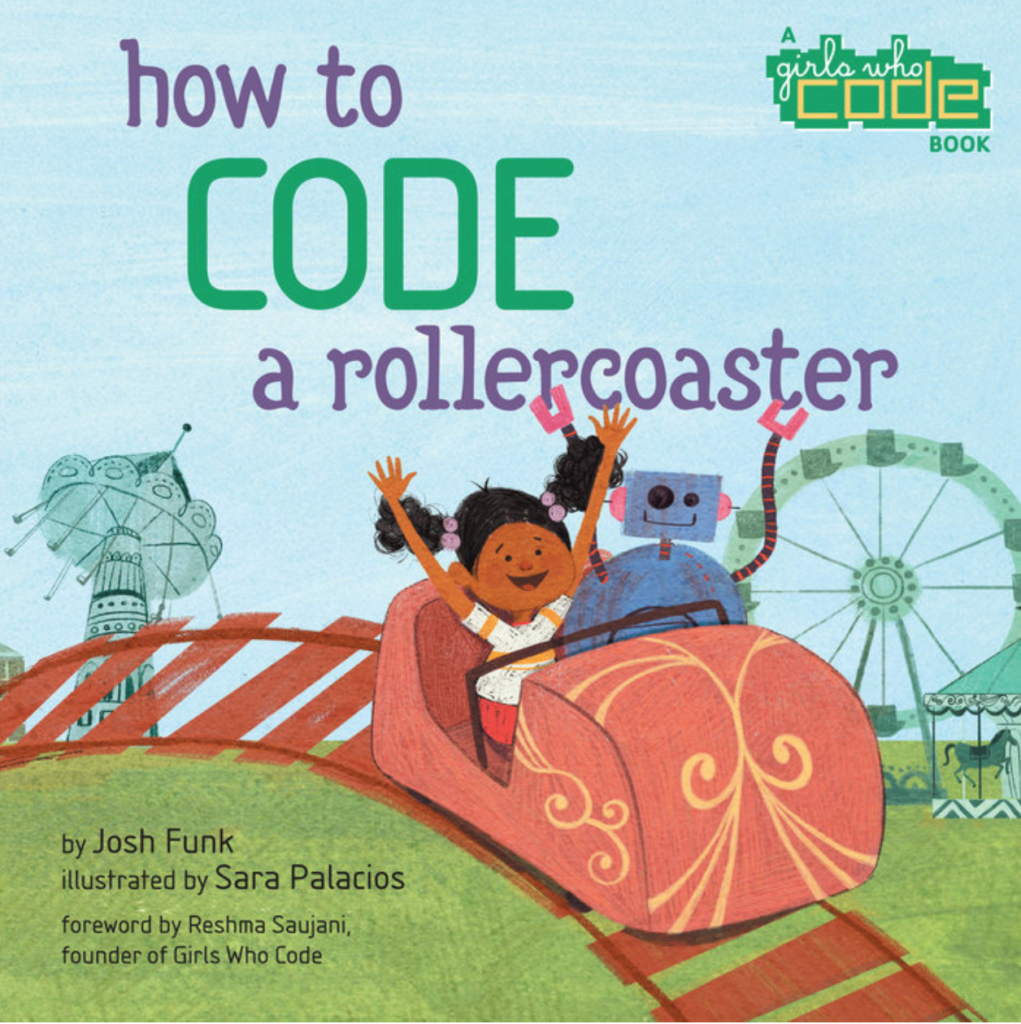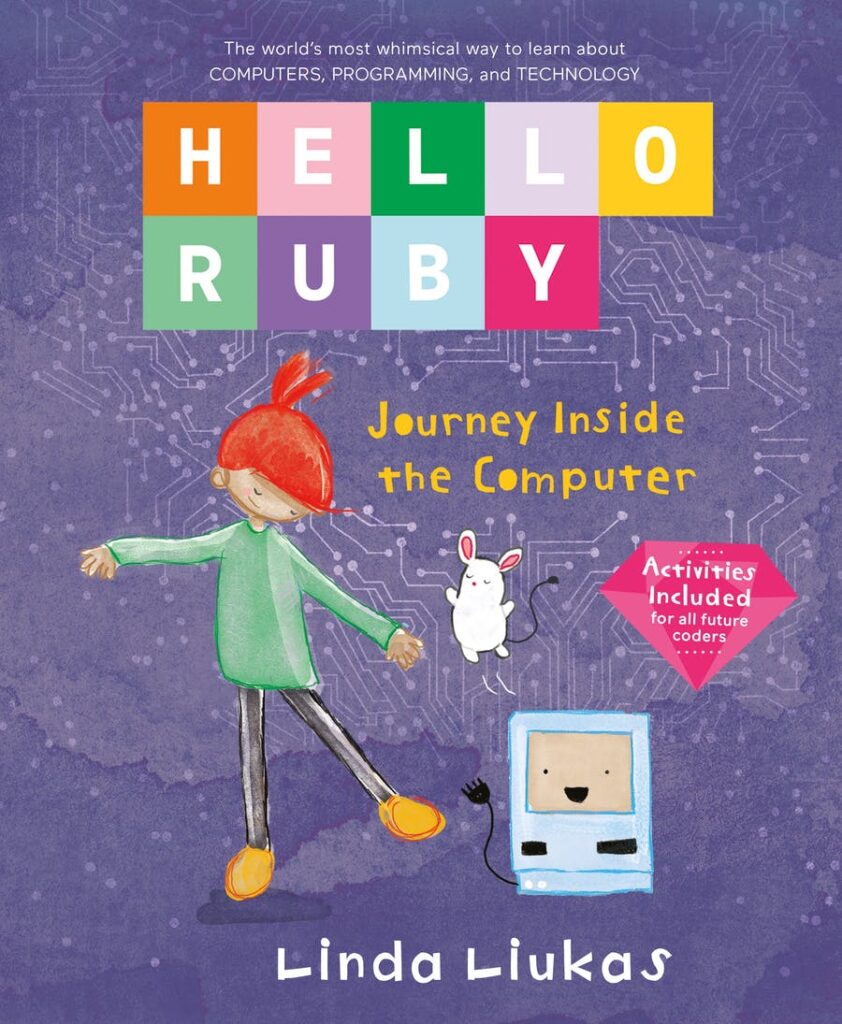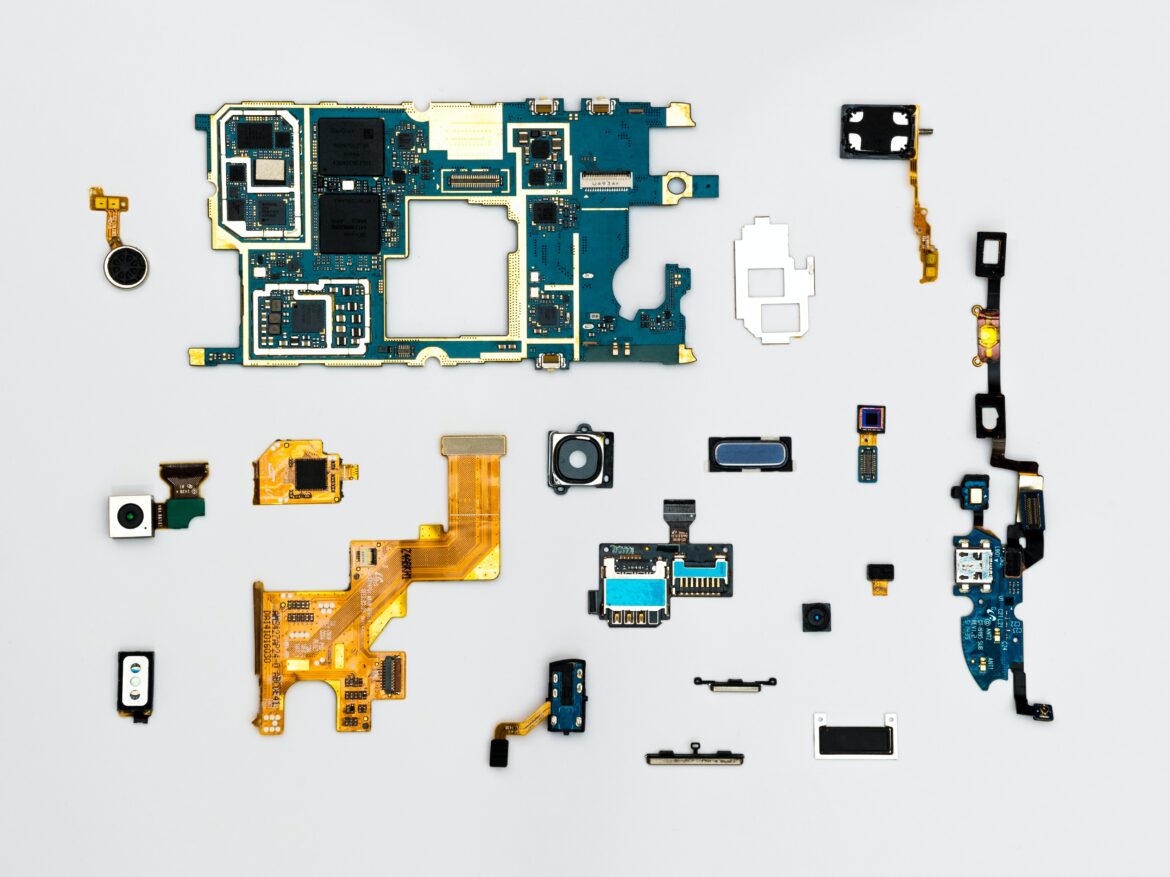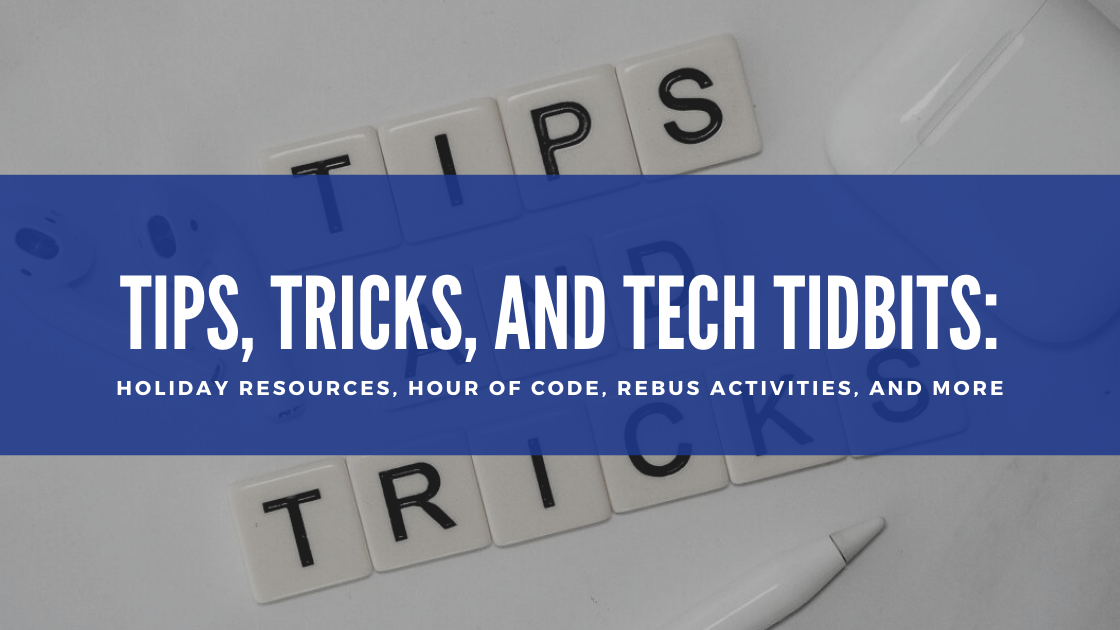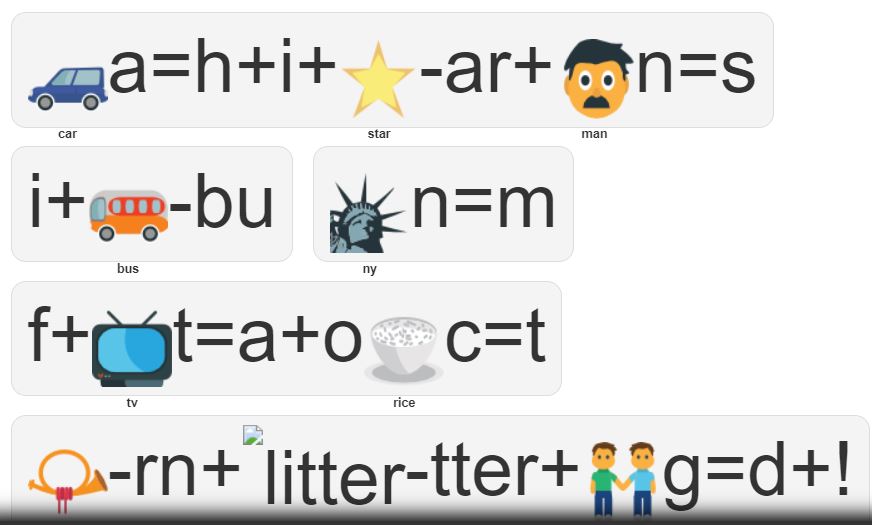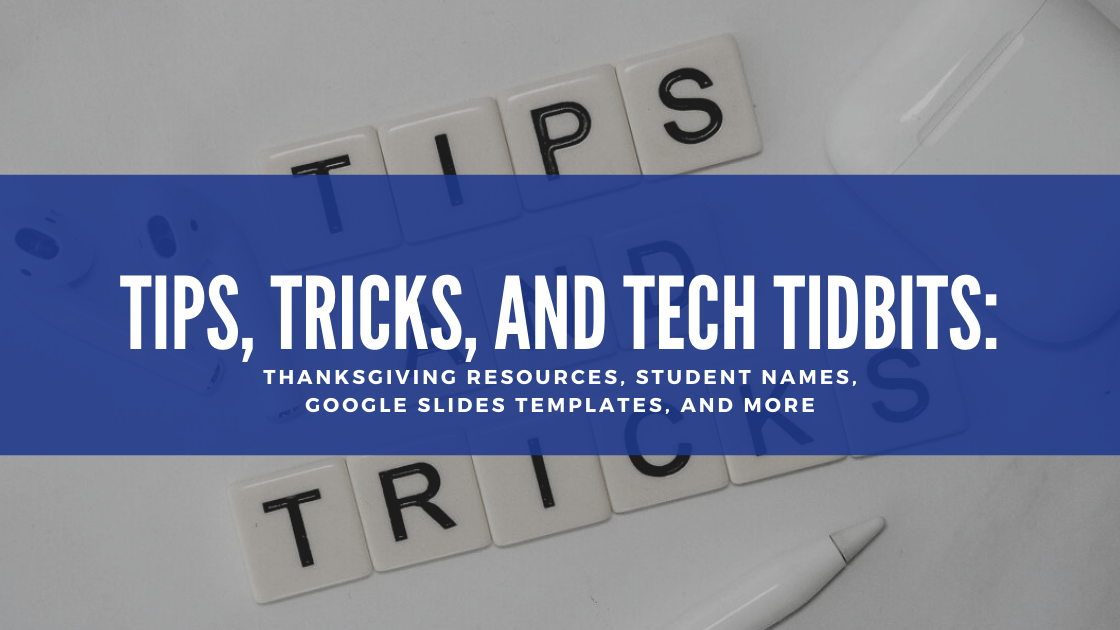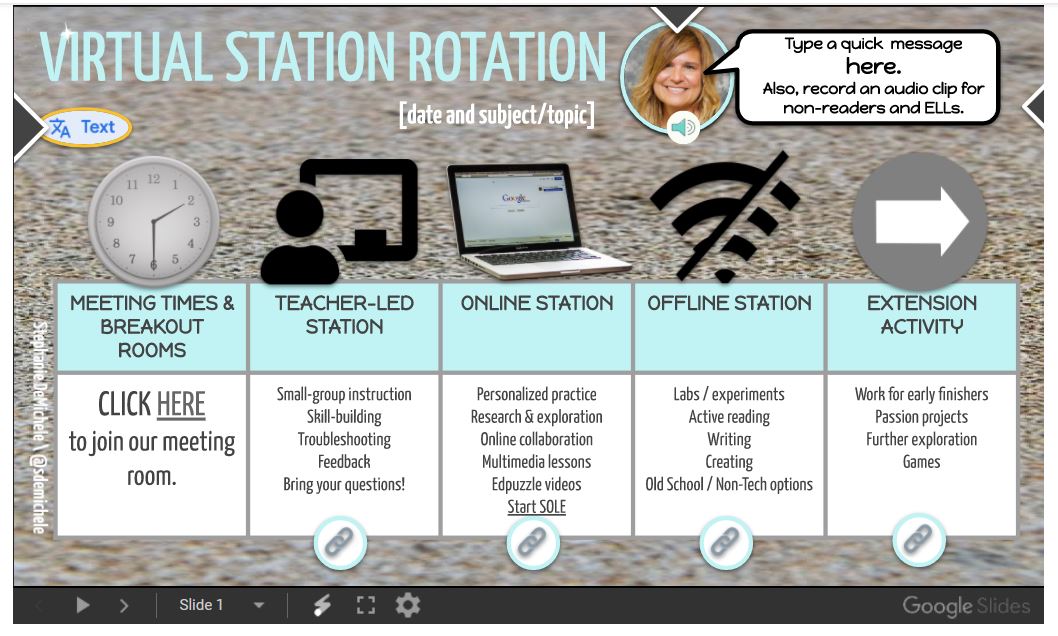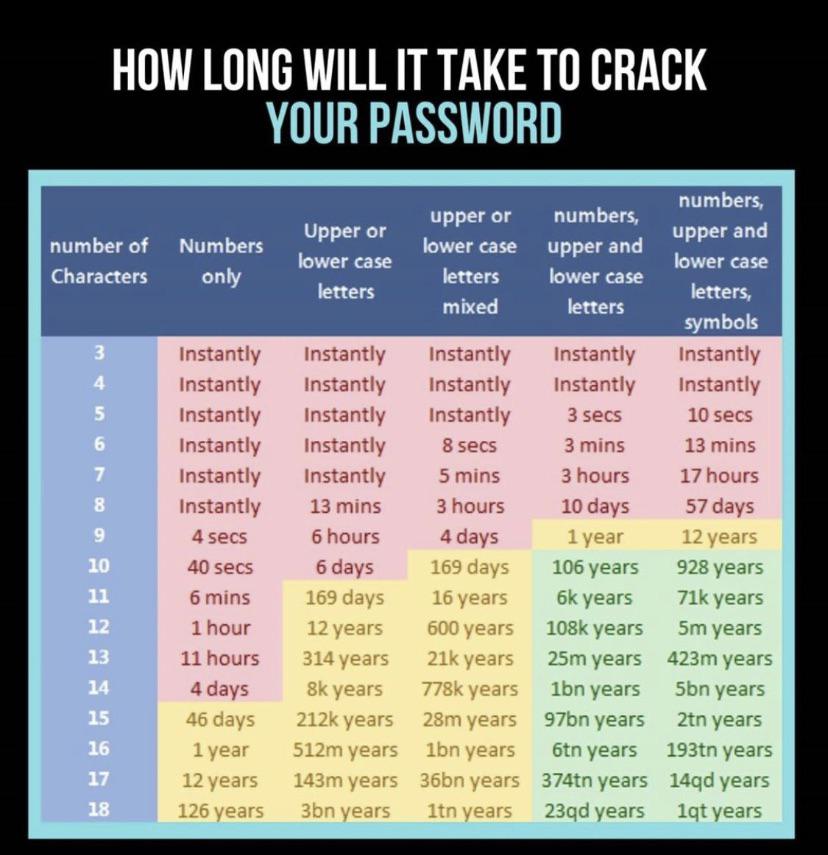The Texas State Board of Education (SBOE) met the week of April 5-8. At this meeting, the board heard from the Commissioner of Education. It also dealt with several issues that pertain to technology policy that affect Texas schools.
Commissioner Update

At each meeting, the Commissioner of Education, Mike Morath, updates the board on items pertaining to Texas schools. He usually provides the board with pertinent updates and then answers questions posed to him by individual board members. At the April meeting, he provided them with a summary of the TEA’s 2021 Annual Report. The report focuses on key areas of achievement based on the Agency’s Strategic Priorities:
- Recruit, Support, and Retain Teachers and Principals
- Build a Foundation of Reading and Math
- Connect High School to Career and College
- Improve Low Performing Schools
Morath began by reviewing the historical performance data. As most people already are aware, COVID had a negative impact on student academic performance. One noteworthy observation is that, in the past, the commissioner tied the negative academic performance to virtual learning. In my opinion, in this review, he properly attributed the learning loss to the COVID pandemic. Although virtual learning is a part of that calculus, it is a false assumption to blame the academic struggles our students exhibited during the pandemic entirely on virtual learning. A myriad of factors contributed to our student’s learning loss, and each one needs to be addressed.
Morath also discussed the Teacher Vacancy Task Force, which was launched on March 10. He provided the board with the data the task force will use to frame their discussions.
I found the commissioner’s presentation and the questions that some of the board members asked after his presentation to be very enlightening. The board members’ questions seemed to reflect the issues facing teachers and the board’s constituents.
Technology Applications and Computer Science Standards Revised
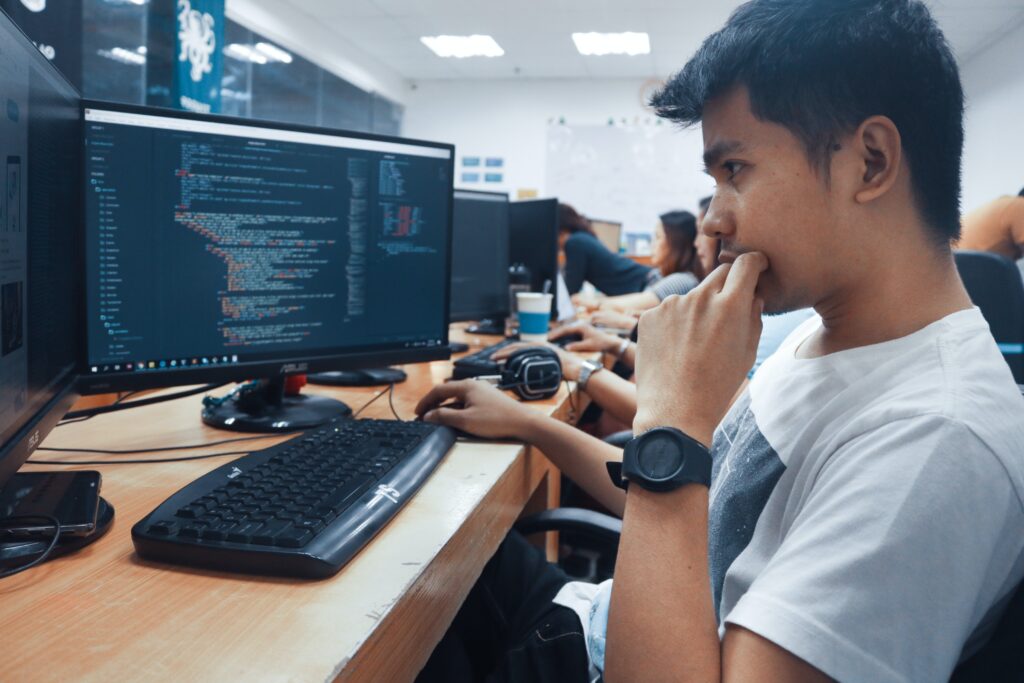
The board had two agenda items related to the proposed revisions to K-8 Technology Applications TEKS and four high school computer science courses. They considered and voted to accept the proposed changes to the K-8 Technology standards on first reading. This triggers a period for public comment. When this time is published in the Texas Register, TCEA will communicate where and how individuals can provide their input through the TCEA Community and our social media accounts. This public comment period is the last chance practitioners have to provide feedback before the board votes to approve the standards in June.
The board also considered and voted to approve the proposed changes to Fundamentals of Computer Science, Computer Science I, Computer Science II, Computer Science III, Foundations of Cybersecurity, Digital Forensics, and Cybersecurity Capstone on first reading. A public comment period will also be announced in the Texas Register. TCEA will communicate this via our communication channels as well.
The Long-Range Plan for Technology Is Getting an Update
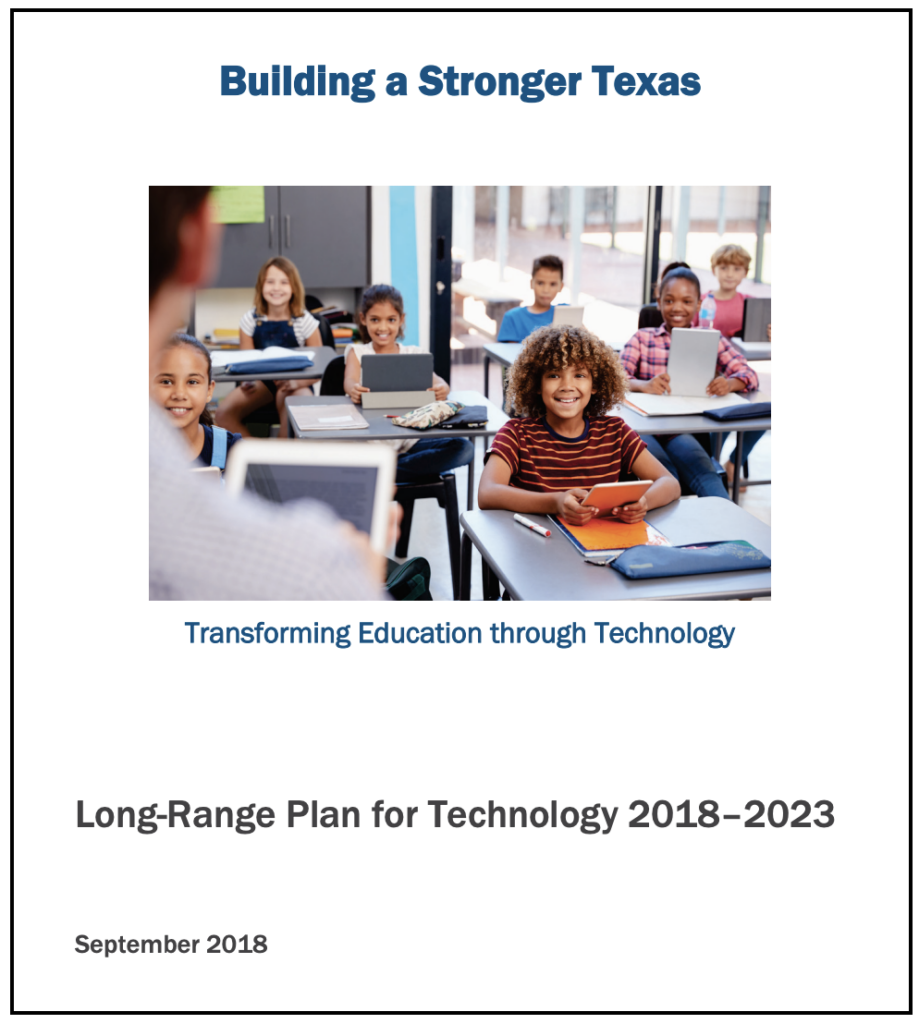
TEA is in the process of reviewing and updating the Long Range Plan for Technology. They provided the board with an update on their progress. The plan was approved by the SBOE in 2018. And state law requires it to be updated at least every five years. TEA has chosen to begin that process now because of two issues.
Device Refresh Cycles
Due to the COVID pandemic, most Texas school districts have provided each student with a device they can take home. For years, having a device for every student has been in the Long Range Plan for Technology. However, before the pandemic, it seemed almost unobtainable. COVID suddenly made this a reality due to the need for school districts to provide instruction virtually. TEA wants to update the plan to include guidance on methods for refreshing these devices. TEA and school districts have discovered that a device receives significant wear and tear when transported between home and school every day. To maintain the 1:1 device-to-student implementation, districts will need to make plans for a device refresh cycle.
Cybersecurity and Ransomware
The other issue TEA wants to update in the LRPT is the issue of cybersecurity and ransomware. School districts have increasingly become a target for cyber and ransom attacks. Therefore, it’s important for the state’s plan for technology to address this vital safety concern.
Some of the SBOE members had additional questions about at-home wi-fi access and protecting students from objectionable content. TEA indicated these issues are being addressed through other initiatives, but, more than likely, they will also be included in the LRPT.
Internet Safety Policy
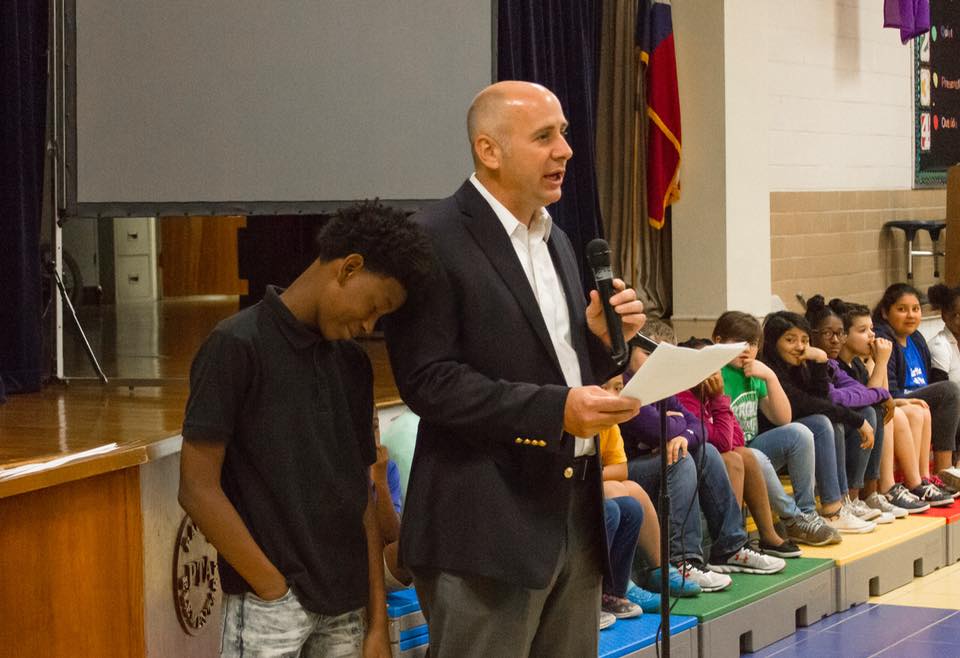
There has been an increased interest in ensuring that students do not access pornographic content via the Internet. Chairman Keven Ellis announced that he plans to include an agenda item at the June SBOE meeting. This item would add a requirement to the Texas Education Code (Chapter 66.105) for districts to certify they have an Internet safety policy. This would be included in the required certification districts make to access their Instructional Materials and Technology Allotment.
He referenced the federal code that requires districts to have an Internet safety policy before accessing and using E-rate discounts. Chairman Ellis said that TEA staff indicated that 85% of Texas school districts utilize the E-rate discounts and, thus, currently certify they have such a policy. He wants to include such a requirement in the Texas Education Code. This would ensure that 100% of school districts are mandated to have and enforce an Internet safety policy.
In Conclusion
As you can see, technology policy was one of the major topics of discussion at this month’s SBOE meeting. TCEA is committed to monitoring these items as they make their way through the process. We will let you know when and how you can let your board member know what you think about these issues.

